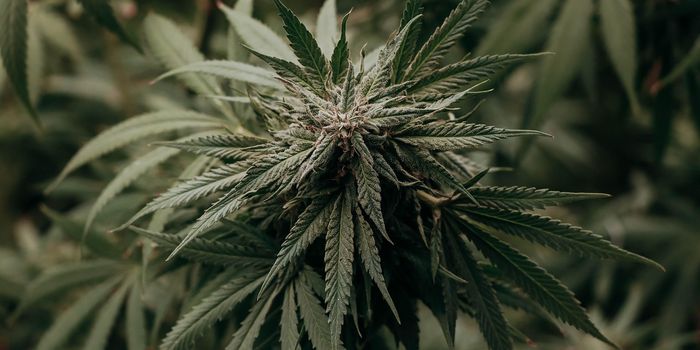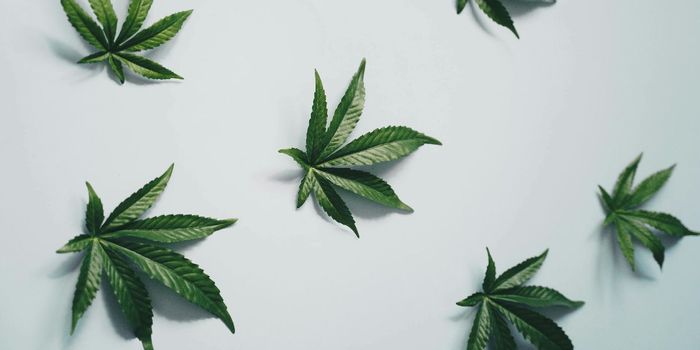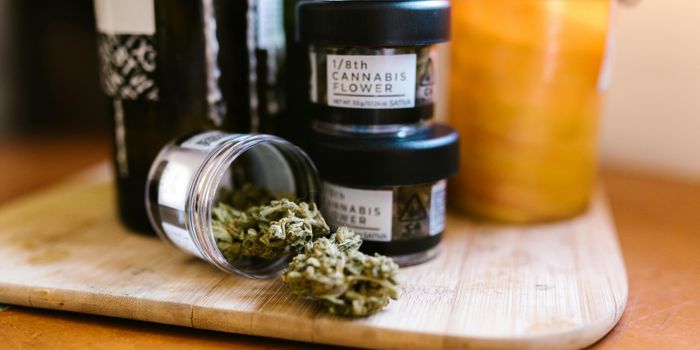Why Don't Some People Get High from Cannabis Edibles?
While eating cannabis products produces a potent high in many, some are unable to feel its effects when consumed in this way. Yet, although the phenomenon is thought to come from more than just a ‘high tolerance’, researchers still can’t quite explain it.
“We’re only just now starting to understand the cannabinoid system,” says Dr Staci Gruber, the director of the Marijuana Investigations for Neuroscientific Discovery programs at McLean Hospital. “And it’s already clear that it’s not just about what and how much you’re using; it’s about how you’re wired.”
At present, no studies have investigated the reasons behind why some do not respond to marijuana edibles. The use of high potency edibles such as Canndid CBD pouches does have an impact though as well. However, Gruber and her colleagues have a hypothesis.
Some studies have found that levels of THC metabolites, the breakdown products of psychoactive tetrahydrocannabinol, vary greatly depending on the presence of a certain enzyme that breaks down THC in the liver. Which enzyme a person has depends on which variant of the CPY2C9 gene they have- with some uncommon subtypes producing an enzyme that metabolizes THC faster than normal.
The researchers thus say that presence of certain genetic subtypes that affect this liver enzyme may account for some people being unable to experience a high from cannabis edibles. They added that how easily people absorb fat may also play a role in their ability to get high from edibles.
Such a variance in the ability to feel marijuana means that biological marijuana tests currently used by researchers, doctors, police and employers that look for metabolites may not account for variations in metabolic rate. This in turn means that results from these tests may not properly indicate how marijuana affects different people- whether in a medicinal sense or when assessing one’s ability to drive and perform tasks.
“It underscores the need to understand people’s genetic profiles, and that there are a lot of variables people haven’t considered” when interpreting these tests, says Gruber.
Sources: Boston Globe, International Journal of Legal Medicine









